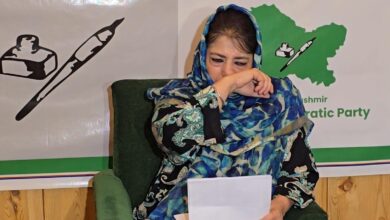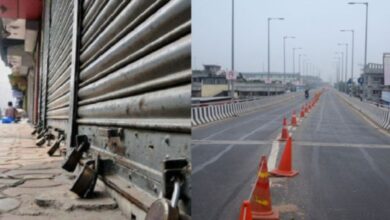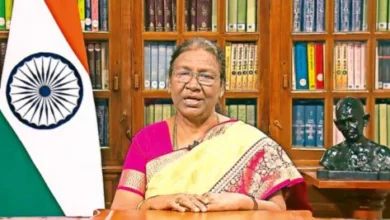Sonia Gandhi accuses Modi government of weakening MNREGA, calls for higher wages and increased workdays.
Sonia Gandhi, speaking in the Rajya Sabha, accused the NDA government of weakening MNREGA by cutting funds, delaying wage payments, and introducing cumbersome systems. She urged an increase in workdays from 100 to 150, a wage hike to Rs 400, and the removal of Aadhaar-based and mobile monitoring requirements to enhance financial security for rural workers.
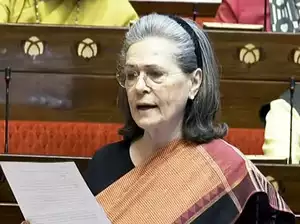
Sonia Gandhi Slams NDA Government on MNREGA, Demands Wages and Workdays Hike
Congress leader Sonia Gandhi criticized the NDA government sharply in the Rajya Sabha, blaming it for destroying the Mahatma Gandhi National Rural Employment Guarantee Act (MNREGA). She pointed to issues of cut-back funds, tardy payment of wages, and the application of cumbersome administration systems, which she asserted were diluting the important rural job scheme.
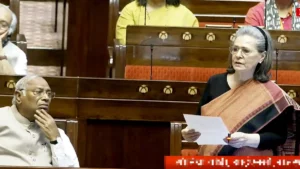
Major Demands for the Consolidation of MNREGA
In her address, Sonia Gandhi made a few key demands to enhance the scheme and offer greater financial security for rural laborers:
1. Workdays Increase: She demanded an increase in the assured workdays under MNREGA from 100 to 150 annually to assist rural workers who depend on the scheme for livelihood security.
2. Wage Increase: Gandhi called on the government to raise MNREGA wages to Rs 400 per day to provide workers with just compensation and assist them in meeting increasing living expenses.
3. Elimination of Aadhaar-Based and Mobile Monitoring Requirements: She called for the removal of Aadhaar-based attendance and mobile monitoring requirements, contending that they pose unnecessary obstacles and delays in wage disbursement.
Government Policy Concerns
Sonia Gandhi blamed the Modi government for intentionally weakening MNREGA by cutting its budgetary allocation and putting hurdles in wage payment. She pointed out that the scheme had been a vital tool in generating employment and economic security for millions of rural families, particularly during the COVID-19 pandemic.
She also condemned the administrative hindrances imposed by the government, adding that Aadhaar-based compulsory attendance and phone tracking have resulted in delayed wages and unjustified exclusion of workers who do not have access to digital resources.

Political Implications
Her statements are being made at a time when rural jobs and economic hardships are big issues before the next elections. The Congress party has been vocal in their advocacy for MNREGA’s strengthening and its benefits reaching the targeted beneficiaries without procedural bottlenecks.
The NDA government has, however, justified its policies on grounds that digital monitoring guarantees transparency and avoids fund misuse. Nevertheless, opposition leaders, labor rights campaigners, and economists remain skeptical about the efficacy of these actions.
Conclusion
Sonia Gandhi’s strong stance on MNREGA has reignited the debate on rural employment policies in India. With elections approaching, the demand for higher wages and increased workdays is expected to become a significant political issue. The government’s response to these demands will likely influence rural voter sentiment in the coming months.


